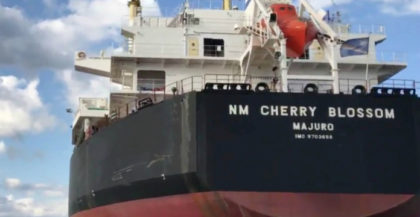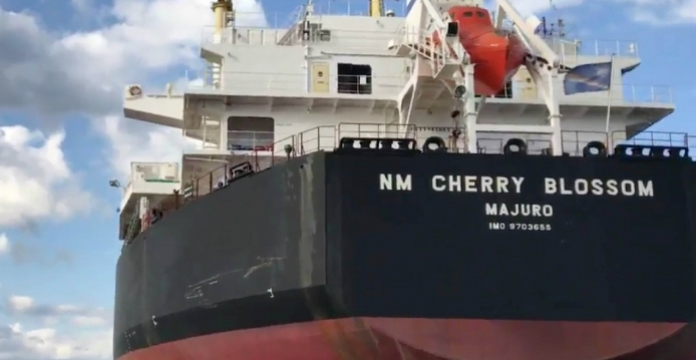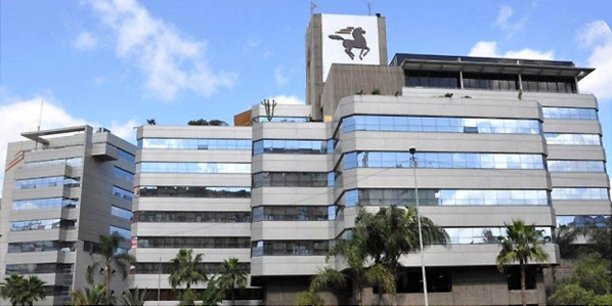 The Polisario has incurred a new setback in its legal maneuvers against Morocco after the Kingdom’s phosphate company, OCP, restored ownership of a 55,000 tons of phosphates rock unlawfully held in South Africa following a legal challenge by the Polisario.
The Polisario has incurred a new setback in its legal maneuvers against Morocco after the Kingdom’s phosphate company, OCP, restored ownership of a 55,000 tons of phosphates rock unlawfully held in South Africa following a legal challenge by the Polisario.
The cargo on board Cherry Blossom was seized in South Africa since May 2017 after the Polisario claimed ownership of the shipment in a political trial.
OCP refused to participate in a trial it described as a “political piracy” wherein Polisario manipulated the justice system of its ally South Africa with no legitimacy to rule on the case. The court had then placed the cargo on auction.
“Today, OCP is pleased that its rightful ownership has been restored. The refusal of all potential buyers to bid constitutes clear and irrefutable evidence of the illegitimacy of the ownership granted to the Polisario by the court in Port Elizabeth,” said Otmane Bennani Smires, Executive Vice President and General Counsel of the OCP Group.
“The refusal of any potential buyers to be complicit in this clear breach of basic principles of domestic and international law has demonstrated a unanimous rejection of this type of abusive action that threatens the freedom and security of international commerce,” the OCP official said in a statement.
The OCP’s withdrawal from the case was a timely appropriate reaction to a politicized trial bluntly revealing South Africa’s partiality while undermining the ongoing negotiating process on the Sahara under the auspices of the UN Security Council.
Analysts deem that in detaining the cargo, South Africa has made an ideological decision in support of its Polisario allies in a total breach of international law.
Holding the Moroccan phosphates cargos in international ports in response to complaints filed by a separatist entity that is not recognized by the UN is in itself a violation of international law. Such a case could set a dangerous precedent for other separatist groups.
Besides, the Polisario is not recognized by the International community as a representative of the commercial interests of the population of the Sahara, although it is considered as a party in the political process to find a solution to the Sahara conflict.
The return of the Cargo to its legitimate owner the OCP is also indicative of South Africa’s embarrassment especially after other states in which Polisario challenged Morocco’s transactions refused to violate international law.
Last August 2017, it was in Latin America, precisely in Uruguay, that the Polisario attempted to incite a Uruguayan court to order the seizure of a 300-ton shipment of Moroccan phosphate. But, although Uruguay backs the Polisario’s separatist thesis, it turned down the request to seize the shipment as Panama rejected a similar demand early June.
The Panamanian court ruled that the separatists’ request was unfounded and that a Panamanian national court is not competent to rule on a matter of international politics.
South Africa and its ally Algeria are feeling the rug pulled from under their feet with Morocco’s return to the African Union. With Phosphates an area of excellence for Morocco’s mining industry, separatists proponents have failed so far in undermining Morocco’s competitiveness by resorting to legal maneuvers.
Morocco has offered to tackle food security in Africa through the setting up of fertilizers production plants in two of Africa’s giants that were until recently in the separatist camp before subscribing to the south-south cooperation model offered by Morocco.
Phosphate revenues have also contributed to the development of the southern provinces where Morocco spends seven times more than the revenues reaped from the region.



